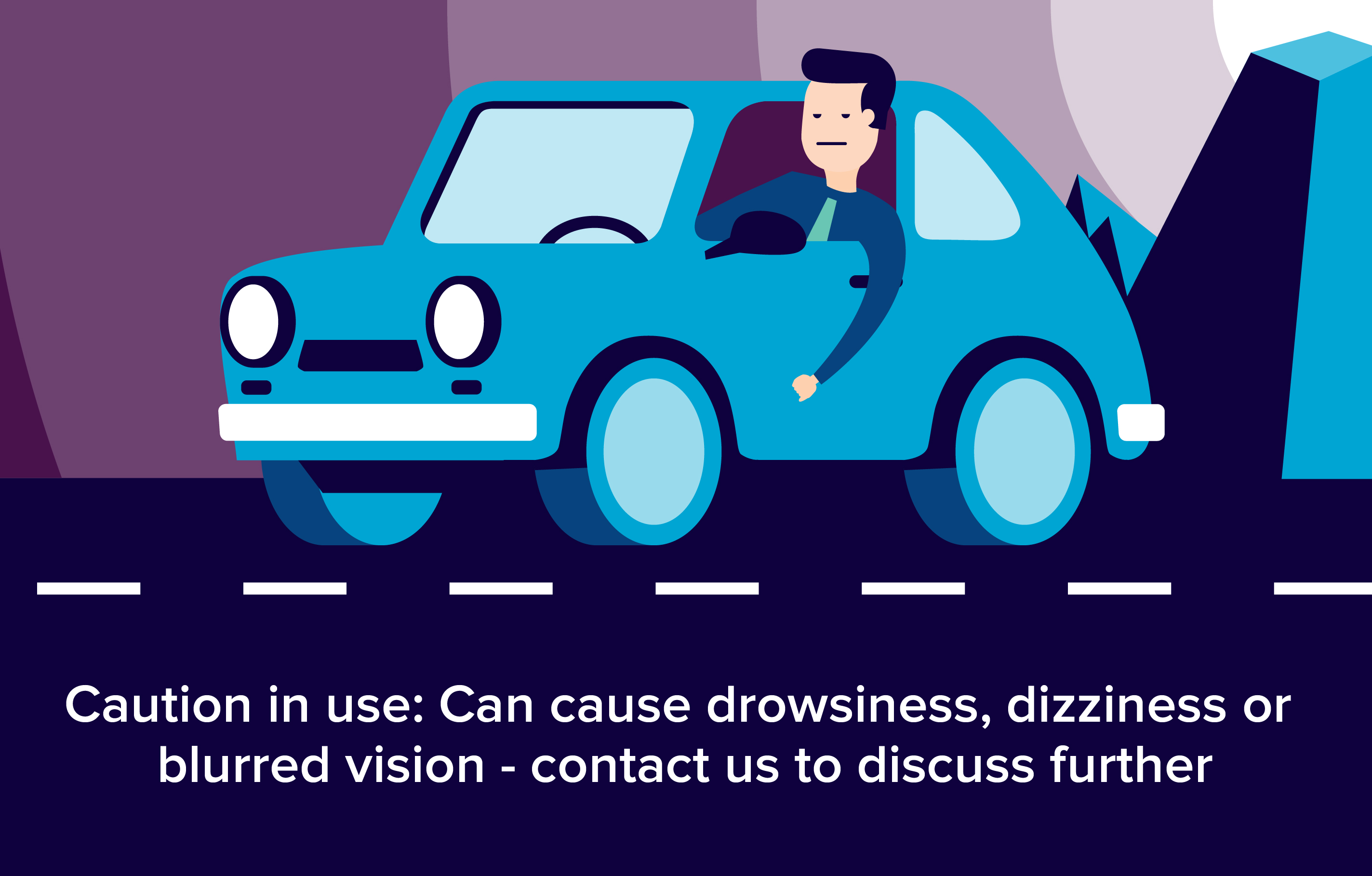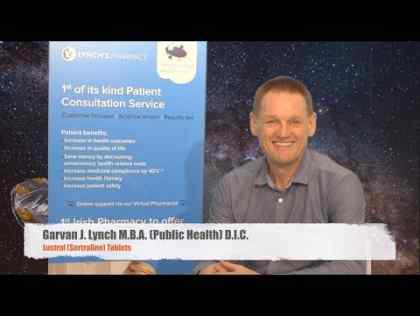An antidepressant is a psychiatric medication used to alleviate mood disorders, such as major depression and dysthymia and anxiety disorders such as social anxiety disorder.

According to Gelder, Mayou & Geddes (2005) people with a depressive illness will experience a therapeutic effect to their mood, however this will not be experienced in healthy individuals. Drugs including the monoamine oxidase inhibitors (MAOIs), tricyclic antidepressants (TCAs), tetracyclic antidepressants (TCAs), selective serotonin reuptake inhibitors (SSRIs), and serotonin-norepinephrine reuptake inhibitors (SNRIs) are most commonly associated with the term.
These medications are among those most commonly prescribed by psychiatrists and other physicians, and their effectiveness and adverse effects are the subject of many studies and competing claims. Many drugs produce an antidepressant effect, but restrictions on their use have caused controversy and off-label prescription a risk, despite claims of superior efficacy.
The efficacy of modern thymoleptic anti-depressants has never been conclusively demonstrated to be greater than that of active placebo, according to two Cochrane Collaboration reviews. A review of all studies of anti-depressants ever submitted to the FDA, published and unpublished, was submitted to the FDA in 2004. In the published literature, anti-depressants had 94% success in treating depression. In the withheld literature, they had below 50% success. Combined, all studies showed 51% efficacy - only two points better than that of placebo. This increased the apparent efficacy of different anti-depressants from 11% to 69% over placebo. Possible exceptions are mirtazepine - a norepinephrine and serotonin antagonist, with effects opposite that of the SSRIs and SNRIs - and venlafaxine, an SNRI with substantial similarity in chemical structure to the opioid derivative tramadol.
Opioids were used to treat major depression until the late 1950s. Amphetamines were used until the mid 1960s. Prescribing opioids or amphetamines for depression falls into a legal grey area. Research has only rarely been conducted in to the therapeutic potential of opioid derivatives for depression in the past sixty years, whereas amphetamines have found a thriving market for conditions as widely arrayed as attention deficit disorder, narcolepsy, and obesity, and continue to be studied for myriad applications. Both opioids and amphetamines induce a therapeutic response very quickly, showing results within twenty-four to forty-eight hours; the therapeutic ratios for both opioids and amphetamines are greater than those of the tricyclic anti-depressants. In some of this little, heavily restricted research, the opioid buprenorphine has shown the greatest potential for treating severe, treatment-resistant depression of any known pharmaceutical in a small study that is generally recognized and was published in 1995, but has never been pursued due to the social stigma attached to opioids in addition to that attached to mental illness in America.
Most typical antidepressants have a delayed onset of action (2–6 weeks) and are usually administered for anywhere from months to years. Despite the name, antidepressants are often used controversially, and with a dearth of empirical evidence to support their indication, off-label to treat other conditions, such as anxiety disorders, obsessive compulsive disorder, eating disorders, chronic pain, and some hormone-mediated disorders such as dysmenorrhea. Alone or together with anticonvulsants (e.g., Tegretol), these medications can be used to treat attention-deficit hyperactivity disorder (ADHD) and substance abuse by addressing underlying depression. Also, antidepressants have been used sometimes to treat snoring and migraines.
Other medications that are not usually called antidepressants, including antipsychotics in low doses and benzodiazepines, may be used to manage depression, although benzodiazepines - along with all drugs called "anti-depressants" - cause a physical dependence to form. Stopping benzodiazepine (or SSRI) treatment abruptly can cause unpleasant withdrawal symptoms. An extract of the herb St John's Wort is commonly used as an antidepressant, although it is labeled as a dietary supplement in some countries.
The term antidepressant is sometimes applied to any therapy (e.g., psychotherapy, electro-convulsive therapy, acupuncture) or process (e.g., sleep disruption, increased light levels, regular exercise) found to improve a clinically depressed mood. Inert placebos can have significant antidepressant effects, and so to establish a substance as an "antidepressant" in a clinical trial it is necessary to show superior efficacy to placebo.
References:
https://en.wikipedia.org/wiki/Antidepressant
http://www.medicinenet.com/antidepressants/article.htm
http://www.irishhealth.com/depression/antidepressants.html
http://www.hse.ie/eng/health/az/A/Antidepressants/


